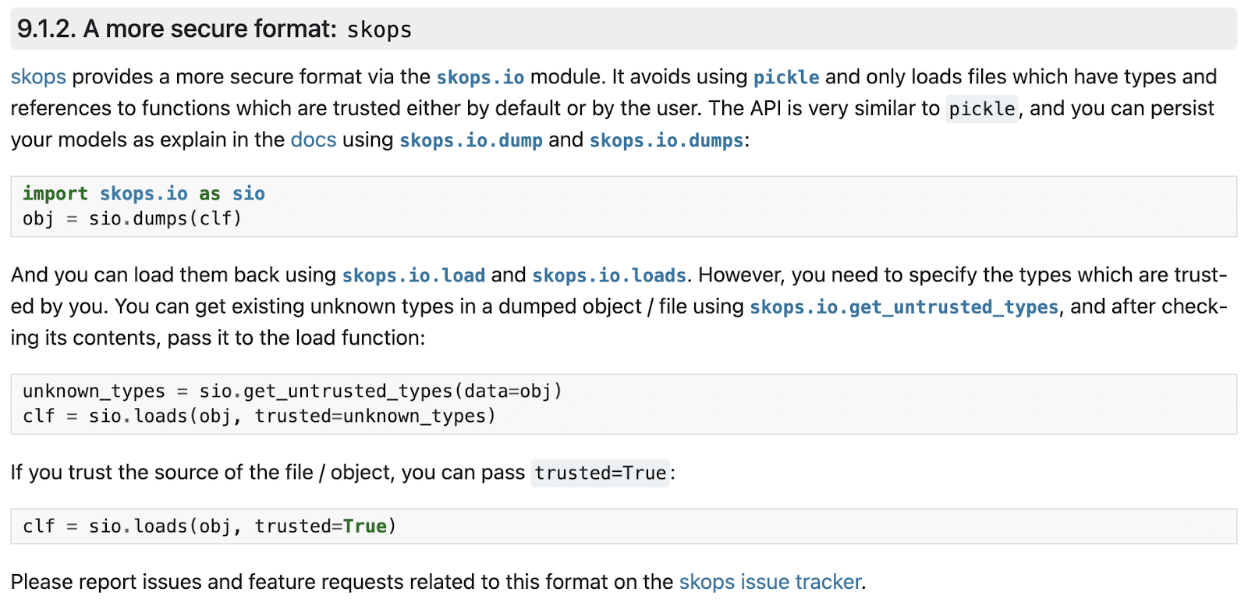HiddenLayer, a Gartner-recognized Cool Vendor for AI Security, is the leading provider of Security for AI. Its AISec Platform unifies supply chain security, runtime defense, posture management, and automated red teaming to protect agentic, generative, and predictive AI applications. The platform enables organizations across the private and public sectors to reduce risk, ensure compliance, and adopt AI with confidence.
Founded by a team of cybersecurity and machine learning veterans, HiddenLayer combines patented technology with industry-leading research to defend against prompt injection, adversarial manipulation, model theft, and supply chain compromise. The company is backed by strategic investors including M12 (Microsoft’s Venture Fund), Moore Strategic Ventures, Booz Allen Ventures, IBM Ventures, and Capital One Ventures.
© 2026 HiddenLayer, Inc. All Rights Reserved.



